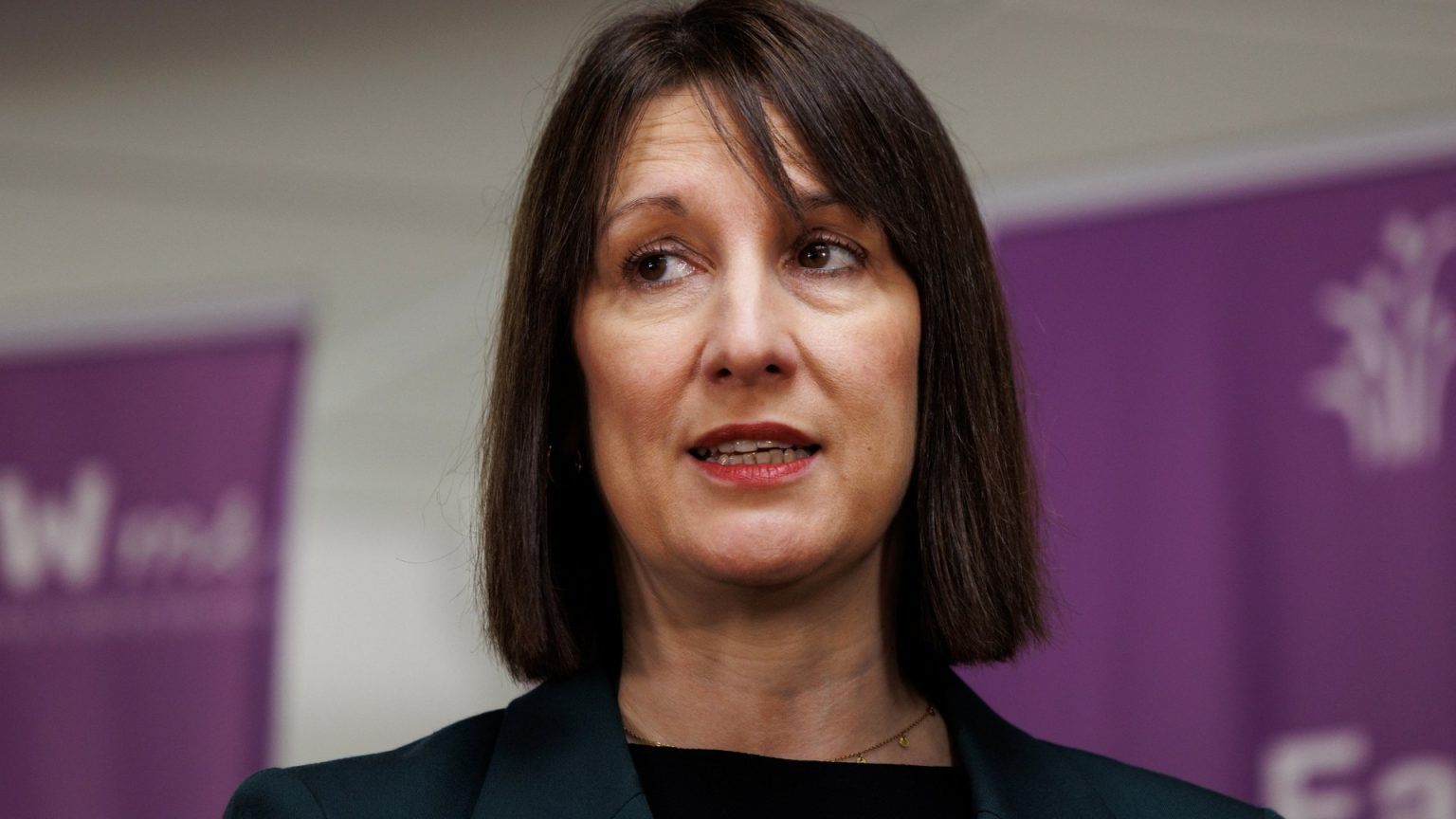Paragraph 1: Economic Contraction and Political Responses
The UK economy experienced a second consecutive month of contraction, with GDP falling by 0.1% in October, mirroring the decline in September. This economic downturn has sparked a political debate, with Chancellor Rachel Reeves acknowledging her disappointment while emphasizing her commitment to long-term growth. She highlighted policies such as capping Corporation Tax at 25% and investing in clean energy projects as measures designed to stimulate economic expansion. In contrast, Shadow Chancellor Mel Stride attributed the poor performance to Reeves’ pessimistic economic outlook and policy decisions, arguing that these factors are negatively impacting businesses and contributing to higher taxes, job losses, inflated prices, and increased interest rates.
Paragraph 2: Detailed Analysis of the Economic Downturn
The decline in GDP for October marks a worrying trend, although the economy experienced a marginal overall increase over the past three months due to 0.2% growth in August. A sectoral breakdown reveals stagnation in the services sector, with 0% growth, while production output and construction experienced declines of 0.6% and 0.4%, respectively. The Office for National Statistics (ONS) identified weakness in oil and gas extraction, pubs and restaurants, and retail, partially offset by growth in telecommunications and legal firms. This mixed performance highlights the complex challenges facing the UK economy.
Paragraph 3: Business Concerns and Future Outlook
Business leaders have expressed concerns about the recent economic figures and the potential impact of the Chancellor’s policies. The Confederation of British Industry (CBI) voiced hopes for improvement in the new year but acknowledged that businesses may require time to adjust to the increased employment taxes announced in the Budget. This suggests that the full effects of the recent tax changes may not yet be fully reflected in the current economic data and that further adjustments in hiring and investment plans are likely in the coming months.
Paragraph 4: The Chancellor’s Defense and Long-Term Strategy
Chancellor Reeves defended her economic policies, emphasizing their focus on long-term growth and improved living standards. While acknowledging the disappointing October figures, she argued that the government’s plan, including the Corporation Tax cap and clean energy investments, will ultimately deliver positive results. This suggests a longer-term perspective, with the government anticipating that the benefits of these policies will become apparent over time, potentially offsetting the current economic slowdown.
Paragraph 5: The Opposition’s Critique and Alternative Perspective
The Shadow Chancellor, Mel Stride, offered a contrasting perspective, blaming the government’s policies and negative rhetoric for the economic downturn. He argued that the Chancellor’s actions are creating a climate of uncertainty and discouraging business investment, leading to job losses and higher prices. This critique highlights the political divide in interpreting the current economic situation and the appropriate policy responses.
Paragraph 6: The Uncertain Road Ahead and the Need for Adaptability
The latest GDP figures paint a picture of an economy facing significant headwinds. While the government maintains its focus on long-term growth, businesses are grappling with immediate challenges, including rising taxes and economic uncertainty. The coming months will be crucial in determining whether the government’s policies can effectively stimulate growth and address the concerns raised by businesses and the opposition. The interaction between government policy, business adaptation, and external economic factors will ultimately shape the future trajectory of the UK economy.











